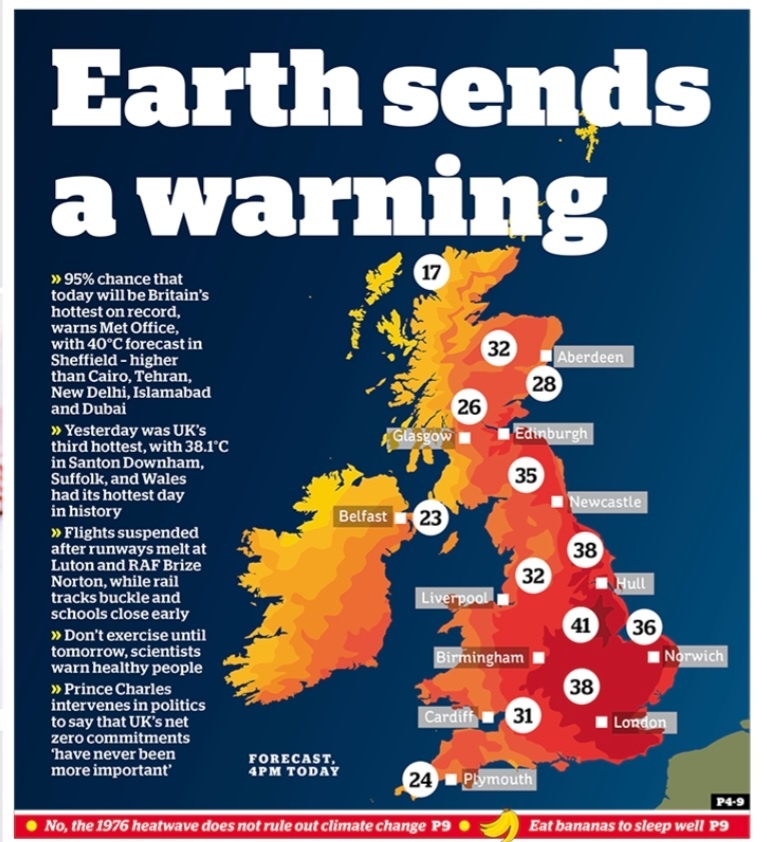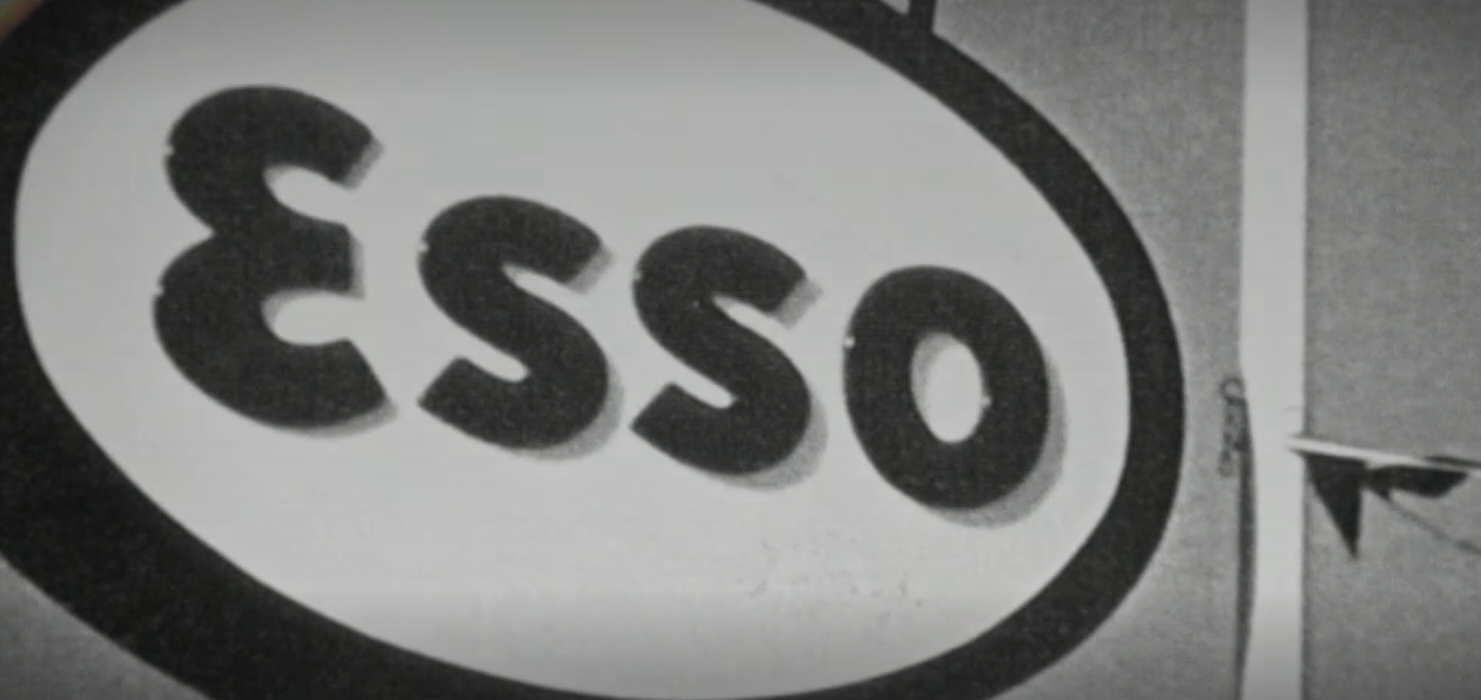Review by Mark Langabeer, Hastings and Rye Labour Member
I had a bird’s eye view of the effects of climate change. On the day when temperatures hit an all-time record in the UK, I was travelling on the Dartford bridge and saw numerous fires in and around South London. London’s Fire Brigade said that it was their busiest day since the blitz, during the Second World War.
Ironically, a few days ago, I listened to some of the Tory hopefuls for Prime Minister, saying that they would renege on the promise of carbon net-zero by 2050. As many have said, the heat wave was a wake-up call. The climate crisis isn’t just an issue in the dim and distant future, it’s in the here and now.
A new BBC documentary series, available on i-player, called Big Oil v the World, is well worth watching. The first programme gave an account of the role played by the major oil companies in denying that climate change was a result of fossil fuels emitting carbon dioxide into the atmosphere, in particular, the biggest oil producer, Exxon, which later merged with Mobil. Evidence has come to light that they knew about the effects of fossil fuels on climate change but chose to fund organisations that denied that there was any link between human activity and global warming.
The programme noted that decades have been lost because of their campaign of denial and the support from the political class, in particular, the Republican Party. It was suggested that Exxon-Mobil had known the effects of climate change as long as 40 years ago. It was during the late 80s that a significant number of climate scientists began to warn about the extreme weather effects of climate change. The Oil companies cast doubt on this suggestion and the CEO, Lee Raymond, claimed that there had always been changes in our climate and that it had nothing to do with fossil fuel extraction.
The Clinton/Gore administration did attempt to introduce a treaty to reduce carbon admissions, but it was defeated in the US Senate. A body called the Global Climate Coalition, funded by Exxon-Mobil, and others argued that reduction of carbon admissions would result in job losses.
More money spent on ‘green-washing’ than on renewable energy
After denial, came doubt. In the 2001 Presidential Elections, Bush won and expressed some support for emission reductions, but within five months of taking office, he was to reverse this policy. Both George W Bush and his vice-president, Dick Cheney, had links with the oil companies and adopted their position to suit. It was noted that at the turn of the twenty-first century, Exxon-Mobil was making $51 bn profit. The programme interviewed Christine Whitman, who had been appointed by Bush to negotiate a cap on carbon, but who subsequently resigned her post.

Then followed the election of Obama who had a mandate for carbon dioxide reduction. By this time BP had broken ranks with the other major oil and gas companies and announced investment in renewables like solar and wind power. However, they spent more money on advertising their green credentials, than actually investing in renewable energy. Browne, the CEO at the time, retired and since then BP appears to have lost interest in diversifying production into renewables.
During the Obama presidency, shale and fracking became important alternatives to the traditional extraction of gas. It was even suggested (wrongly) that it was ‘environmentally friendly’. But the emissions of methane from fracking operations have proven otherwise. Although it doesn’t stay in the atmosphere as long, methane is many times a more powerful greenhouse gas than carbon dioxide and fracking (and extraction in general) leaks thousands of tonnes of it into the atmosphere on a daily basis.
According to Trump, climate change is a ‘hoax’
The attempt to introduce a cap on carbon emissions by Obama was furiously opposed by the Koch Corporation, who funded Republican climate deniers and following Obamas second term, in 2016, Trump was elected. He frequently referred to climate change as a ‘hoax’ and pulled out of the international climate change accords to meet net zero. Meanwhile, Exxon-Mobil has become the largest fracking company in the US.
The programme, is a series in three parts, and it ends with current attempts to sabotage a firm that produces wind power and a lawsuit against Exxon about knowingly falsifying information on climate change. I say, good luck with that.
It will take a new party, one based on the organisations of the working class, as opposed to the two established capitalist parties, before we see serious attempts to mitigate the effects of climate change in the USA. One way or another, the major oil and gas companies have to be brought to heel, by public ownership and control.
Big Oil vs The World is available to watch on BBC i-player, here.



